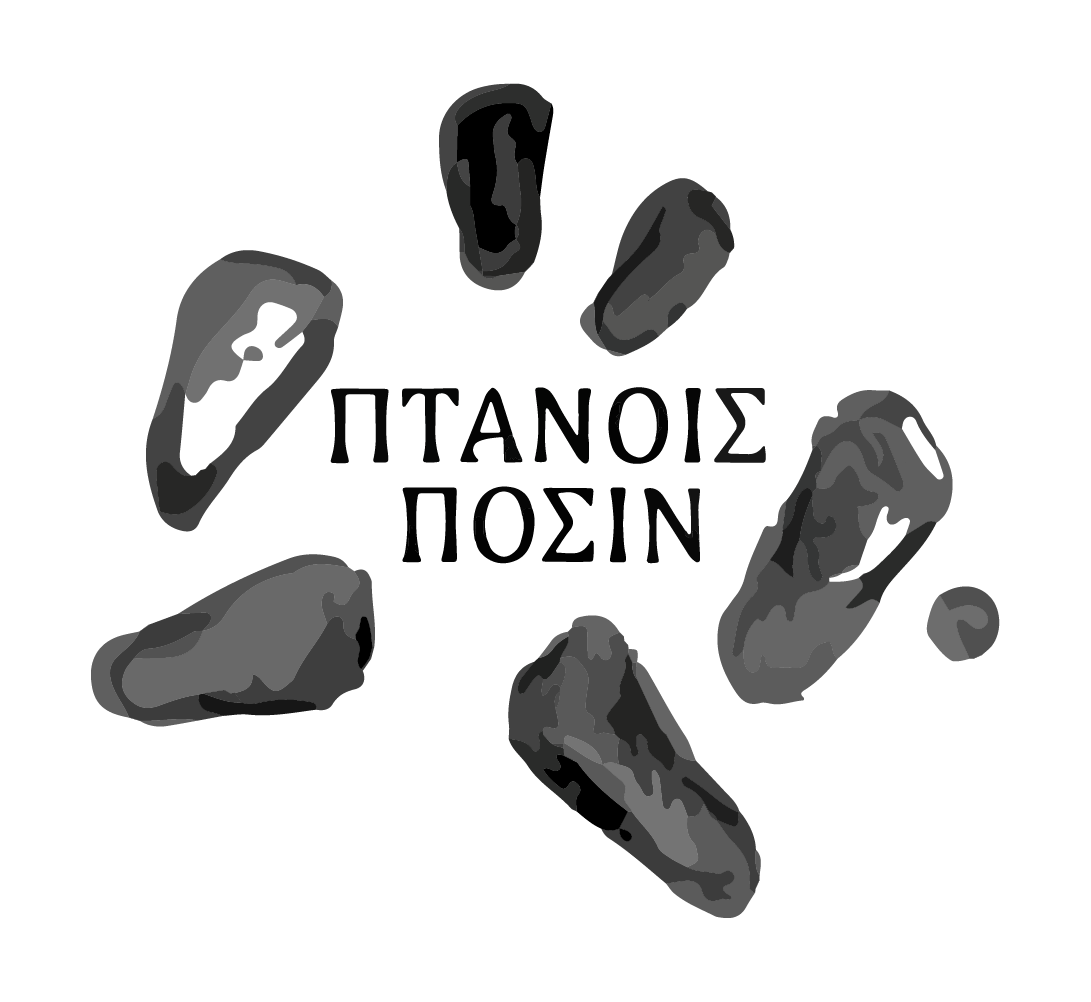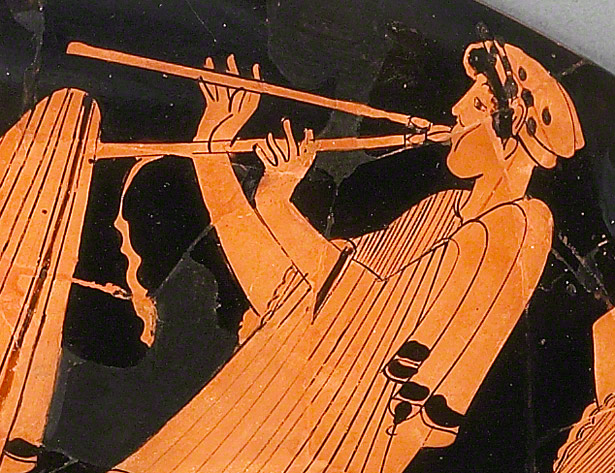FD III 3 115
Xenophantos from Thebes, the son of Abromachos: αὐλητής
Date:
264/263 BC
Edition:
[θ]εο[ὶ]. [Δελφοὶ ἔδ]ωκαν Ξενοφάν[τωι] Ἀβ̣ρ[ομ]άχου
[Θηβαίωι] αὐτῶι καὶ ἐκ[γό]νοις πρ[οξε]νί-
[αν, ἀσυλί]αν, προεδρ[ίαν], ἀτέλε[ιαν π]ά[ν]-
[των καὶ τὰ] ἄλλα [ὅσα] καὶ τοῖ[ς] ἄλλο[ις]
5 [προξένοις καὶ εὐεργέτα]ις. ἄρχοντος
……., βουλευόντων Κ]λευμάντιος, […….c.18…….] vacat
Translations (en):
“The citizens of Delphi granted Xenophantos from Thebes, the son of Abromachos, and his descendants proxeny, immunity for his possessions, exemption from taxes and further privileges offered to the other to proxenoi and benefactors. Under the archonship of […], Kleummantios, […] were bouletai.”
Translations (it):
“Dei. I Delfi concessero a Xenophantos di Tebe, figlio di Abromachos, a lui e ai suoi discendenti, la prossenia, l’immunità per i propri beni, la proedria, l’esenzione dal pagamento di tutte le tasse e tutti gli altri privilegi quanti sono concessi anche agli altri prosseni ed evergeti. Sotto l’arcontato di … essendo buleuti Kleumantis …”
Commentary (it):
Il decreto di Delfi non restituisce molte informazioni sulla permanenza in città di questo famoso musico. Conducendo la ricostruzione della sua carriera, Philodemos nell’opera Περὶ μουσικῆς (3, 2 fr. 21) pervenuta frammentariamente, menziona l’auleta Xenophantos. Egli è ricordato anche da Seneca nel De Ira in quanto capace di ispirare con la musica moti dell’animo e azioni.
Commentary (en):
We are allowed to follow the steps of this musician from Corinth to Delos and Delphi, and to gain interesting clues about his artistic skills from the literary sources.
Bibliography:
On this relevant artistic figure, See Cinalli, “Artistry and sovereignty: a mutual relationship” in Introduction to Section 1, Classics@Harvard 2021 https://classics-at.chs.harvard.edu/classics19-introduction/

